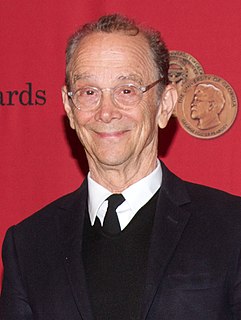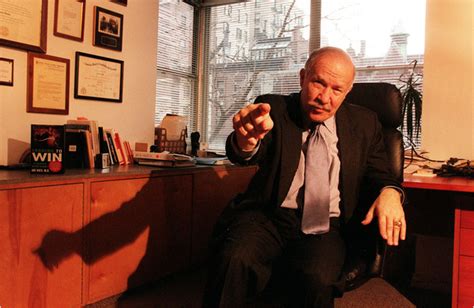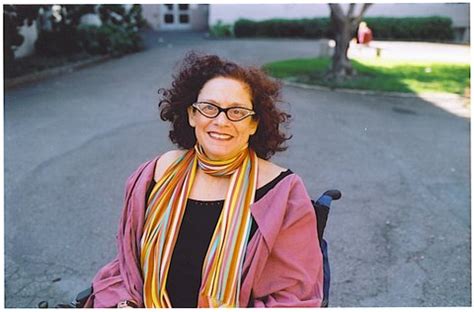A Quote by Nat Hentoff
Fortunately most of the people who were involved in anti-Vietnam activity did not con themselves into being like the violent people they didn't want.
Related Quotes
I'm old-fashioned. I think William Blake and people in the Renaissance people were multi. Look at da Vinci, he was involved in science; and Michelangelo was dabbling in poetry. Both of them were painters and sculptors but they also involved themselves with architecture. I honestly don't know what happened in the '60s and '70s. If you sang rock and roll in America at that time or were involved in expressing yourself through music like that, then many thought you couldn't possibly be an artist. That thinking is archaic.
We went to Comic-Con and there were people dressed up as the characters. There's a whole canon of Ninjago history that I didn't even know about until the process of making the movie had started. Especially at Comic-Con, I realized that people really, really care about this, and I hope they like it because it's meaningful to them. It did actually change my feelings about it.
People were paid lots of money to make stupid decisions, people in big banks, and when people are paid to be stupid they'll be stupid. The question was, did they know they were being stupid or were they just stupid? I think you need to take it on a case by case basis. There was some sinister activity, but I think by and by it was people being incentivised to do the wrong thing.
If I rule out violent anarchism, there remains pacifist, anti-nationalist, anti-capitalist, moral, and anti-democratic anarchism (i.e., that which is hostile to the falsified democracy of bourgeois states). There remains the anarchism which acts by means of persuasion, by the creation of small groups and networks, denouncing falsehood and oppression, aiming at a true overturning of authorities of all kinds as people at the bottom speak and organize themselves.
There are two types of courage involved with what I did. When it comes to picking up a rifle, millions of people are capable of doing that, as we see in Iraq or Vietnam. But when it comes to risking their careers, or risking being invited to lunch by the establishment, it turns out that's remarkably rare.
We had people who did housing, people who did anti-war, people who did schools. Everyone operated in their own niche, but not separately. We all were together on certain issues when it was important. Everybody was active in the '60s. I feel that there's a lot of active radical thought today but not much action.
I would like to say something, not just to Vietnam veterans in New England, but to men who were in Vietnam, who I hurt, or whose pain I caused to deepen because of the things that I said or did. I was trying to help end the killing and the war, but there were times when I was thoughtless and careless about it and I'm...very sorry that I hurt them. And I want to apologize to them and their families.
Why aren't people more successful? Because most people do not select and pursue a vision without regard for other objectives. Most people shift from one activity to another without any focused or directed purpose, naively assuming that things will take care of themselves or will be taken care of by others. George Bernard Shaw said, "The people who get on in this world are the people who get up and look for the circumstances they want, and if they can't find them, make them."
The early Rockefellers made their wealth from being in certain businesses and remained personally very wealthy. Tata's were different in the sense the future generations were not so wealthy. They were involved in the business but most of the family wealth was put into trust and most of the family did not in fact did not enjoy enormous wealth.
When I worked as a prosecutor in Richmond, Virginia in the 1990s, that city, like so much of America, was experiencing horrific levels of violent crime. But to describe it that way obscures an important truth: for the most part, white people weren't dying; black people were dying. Most white people could drive around the problem.







































